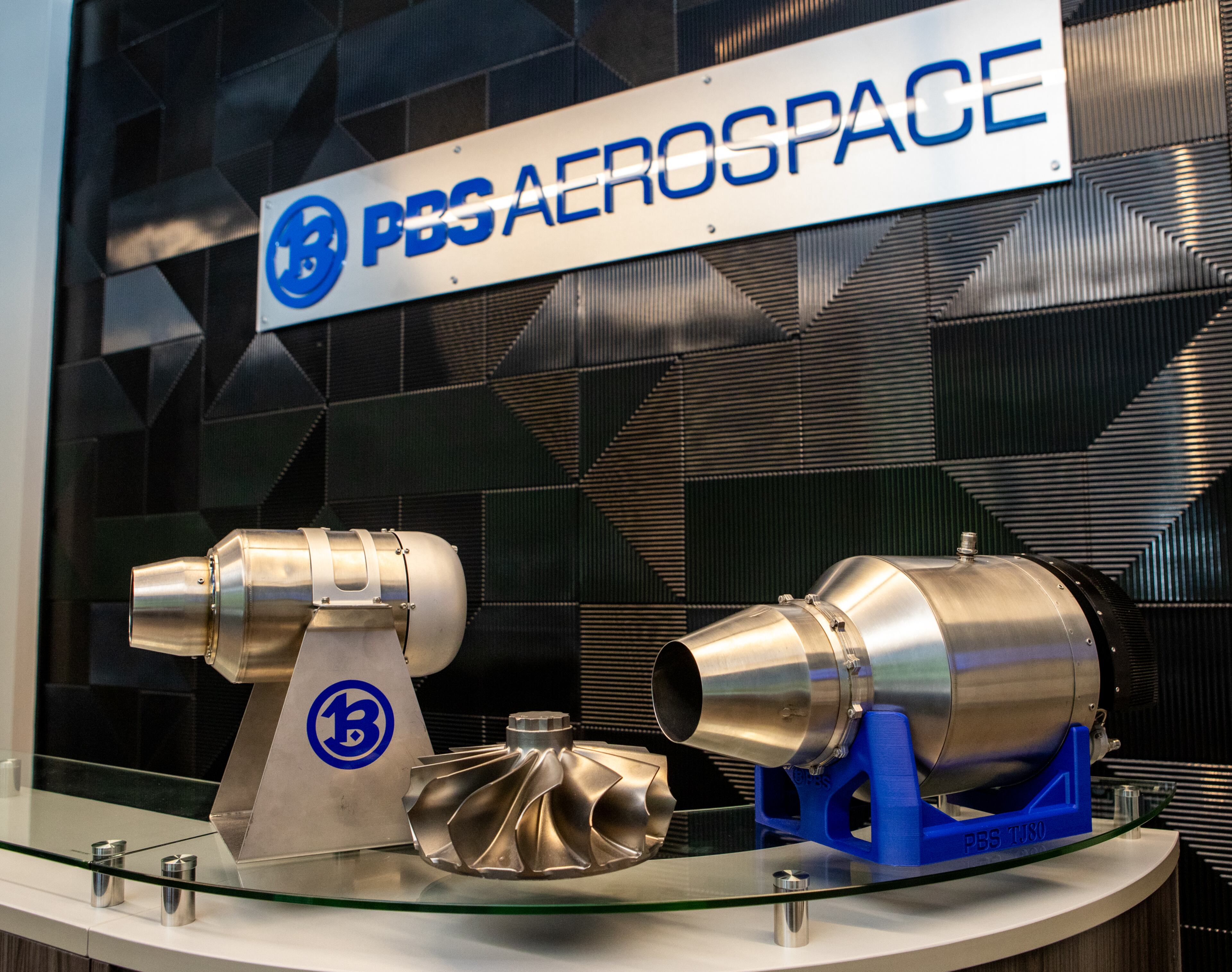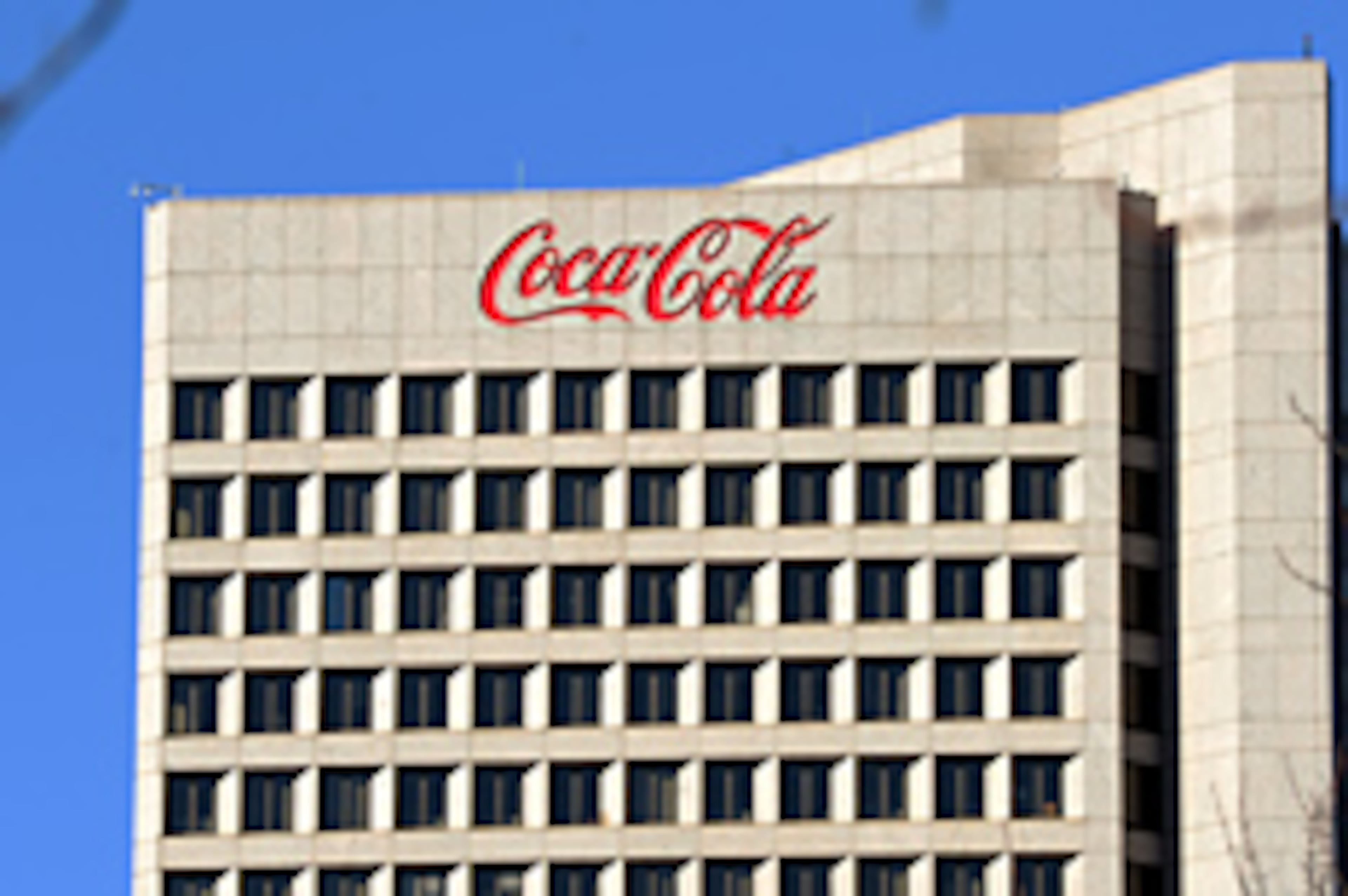Another year, another record broken for economic development in Georgia

Economic development, at least in the eyes of government officials, is all about hitting ever-increasing numbers.
The goal is more jobs, larger salaries and bigger numbers all around, avoiding stagnation or regression at all costs. It becomes a taller task with every new record, but Georgia managed to top itself on at least one key metric during the past year.
The Georgia Department of Economic Development announced Monday it helped recruit a record $26.3 billion of corporate investment during the most recent fiscal year. From July 1, 2024, through June 30, the state supported 423 facility expansions and new projects, roughly 77% of which were outside of the 10-county Atlanta region.
Those projects are projected to employ roughly 23,200 workers when complete, a decline from recent years. Georgia hit a record for job creation in 2022 at more than 51,100, buoyed by electric vehicle factory announcements with several thousand jobs apiece.
Economists debate whether bigger is always better, especially when labor markets are tight and taxpayer-backed incentives are factored into the calculus. But the new record for investment was touted by Gov. Brian Kemp as a mark of continued success.
“Today’s numbers are just the latest confirmation that our partnership approach and the hard work of our incredible economic development team are delivering results for Georgians that will pay off for generations,” he said in a news release.
Some notable announcements during the last fiscal year were jet engine manufacturer PBS Aerospace’s North American headquarters in Roswell and a new Dunwoody office by human resources consulting firm TriNet. Battery maker Duracell also announced a new research and development hub at Georgia Tech’s life sciences district called Science Square.

Expansions accounted for nearly three-fourths of 2025’s investment, partially explaining why the number of new jobs was more modest. Steady job growth rather than stark spikes and declines was touted as a feature, not a bug, by state leaders.
“Our stable, reliable business climate gives companies the confidence to plan for the long term,” Pat Wilson, economic development commissioner, said in the news release. “Whether a company is new to Georgia or already here, domestic or international, the question is no longer if they’ll expand in Georgia — but when.”

More than 6,500 of those projected jobs are tied to projects from international companies. South Korea, Japan and Canada were the top three sources of foreign investment.
Those international relationships — often touted with pride by Kemp and other state leaders — have faced new challenges amid trade wars, tariff campaigns and immigration raids.
Those federal policies have placed Georgia’s economic development apparatus in a precarious political position. But state leaders maintain confidence that growth will continue.
Part of that is momentum, but another aspect is the “Georgia Ready for Accelerated Development” program. Known as GRAD, it’s a state-supported list of development sites advertised for new projects. Georgia recently invested more than $18 million to get more shovel-ready sites in rural communities.
“By investing in site development today, we’re preparing Georgia for the opportunities of tomorrow,” Deputy Commissioner of Global Commerce Misti Martin said.



